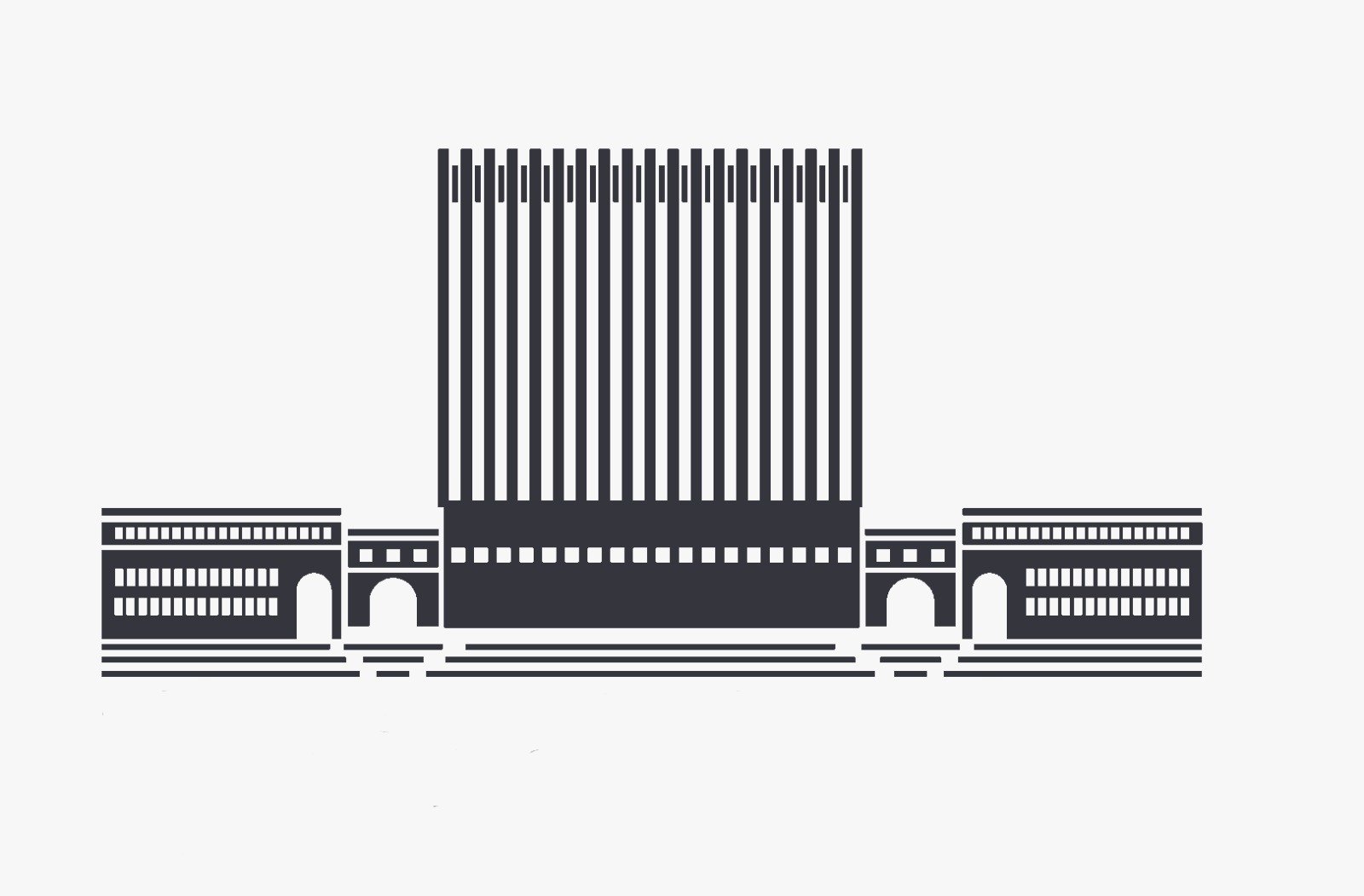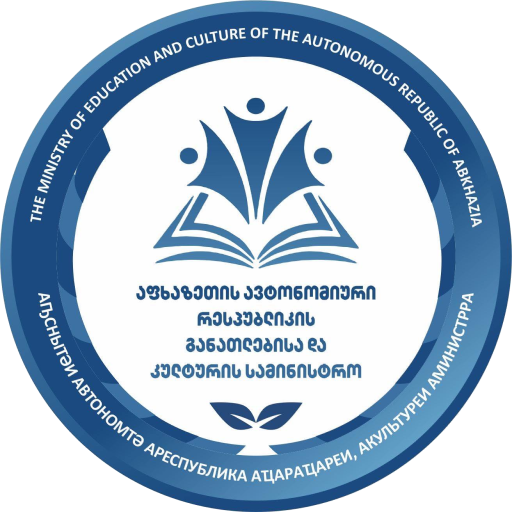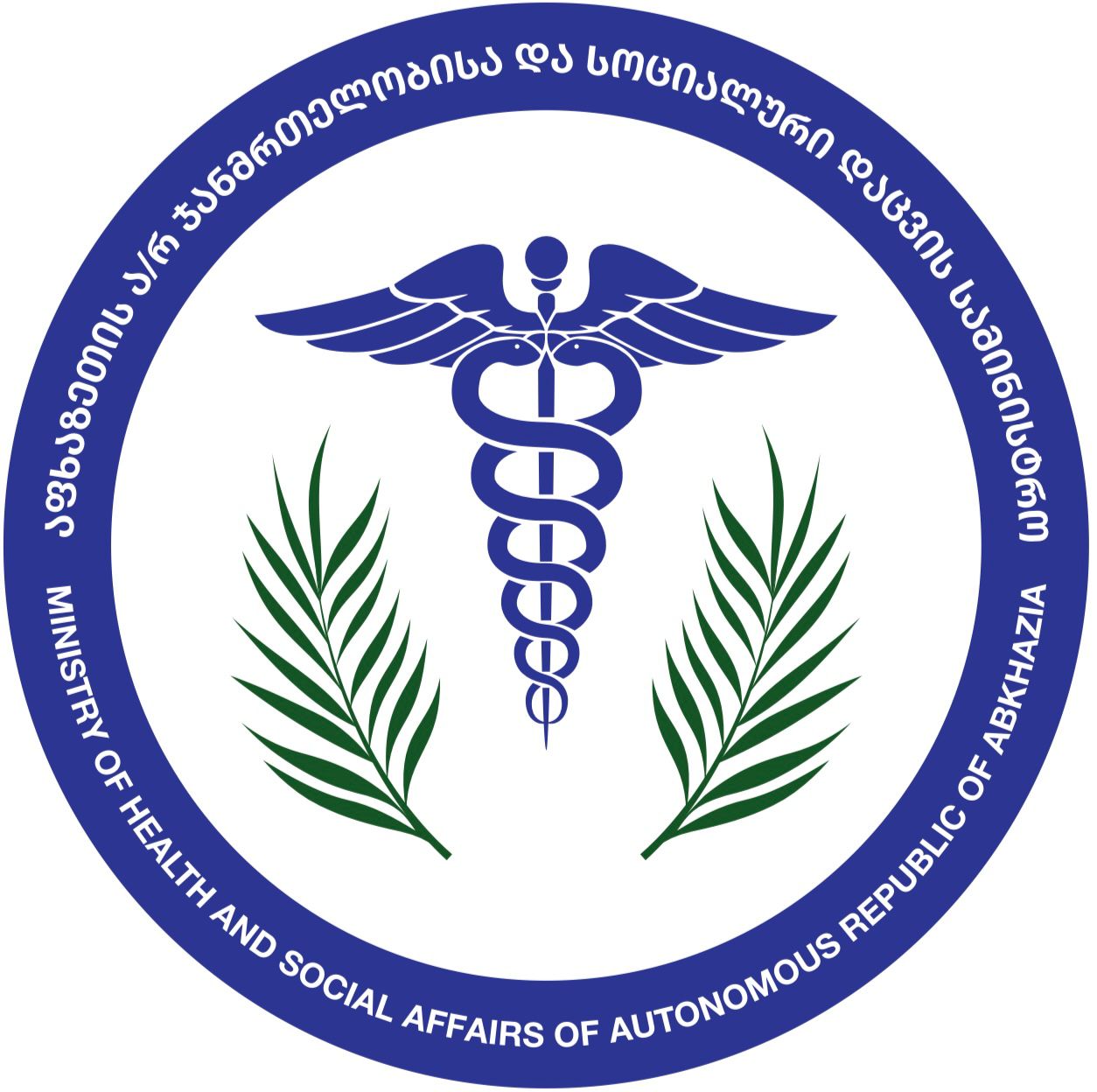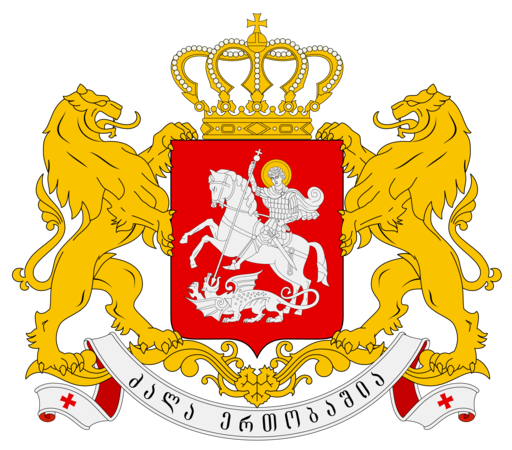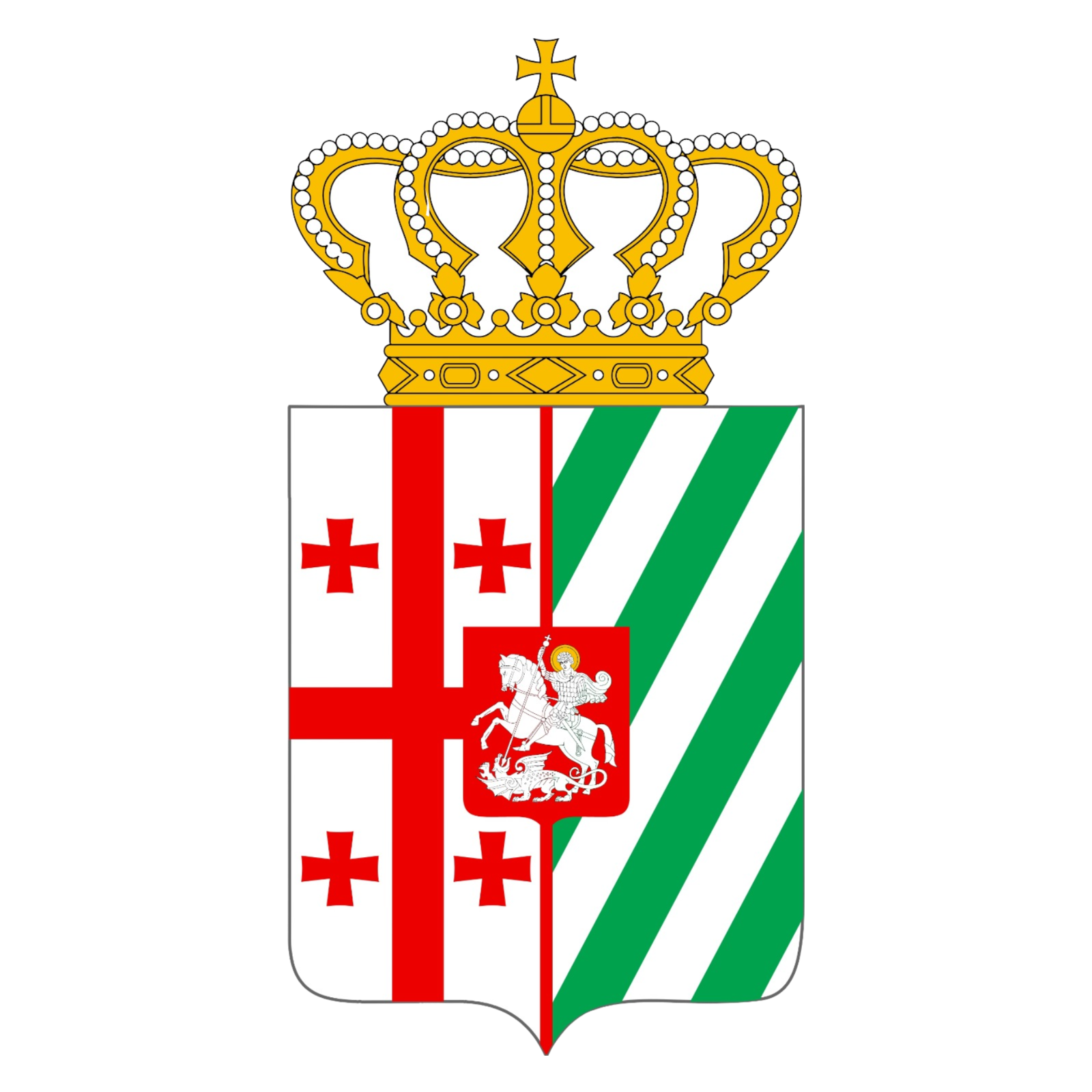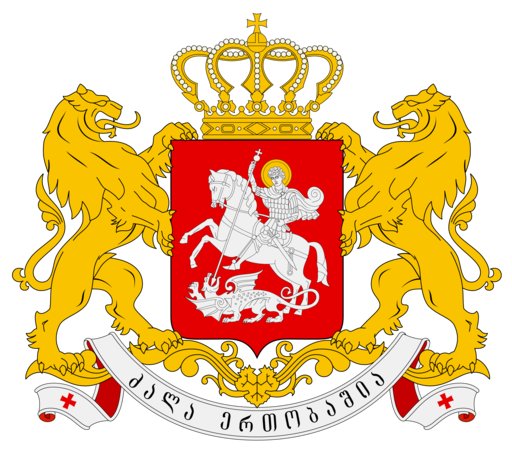პროფესორი თეიმურაზ პაპასქირი
ივ.ჯავახიშვილის თბილისის სახელმწიფო უნივერსიტეტის
ჰუმანიტარული ფაკულტეტის დეკანის მოადგილე
TEIMURAZ PAPASKIRI
Professor, Vice-Dean of the Faculty of Humanities
Ivane Javakhishvili Tbilisi State University
THE USSR CAUSED DAMAGE / LOSSES TO GEORGIA
On February 11, 1921, the Soviet Russia's troops launched offensive against the Georgian Democratic Republic from four directions. It was the beginning of the Russian aggression, which resulted in the Soviet occupation of Georgia. Georgia became the Soviet Socialist Republic and on March 16, 1921, the Government of the Georgian Democratic Republic went to exile. Although formally Georgian SSR was declared to be a sovereign state, in truth she became annexed by the Soviet Russia, and after the foundation of the Union of the Soviet Socialist Republics on December 30, 1922, Georgian SSR was incorporated into the USSR as a part of the Transcaucasian Socialist Federative Soviet Republic (in 1936, after the adoption of the new constitution, the Transcaucasian Socialist Federative Soviet Republic ceased its existence and the Georgian SSR, Armenian SSR, and Azerbaijanian SSR became the direct members of the USSR).
The Soviet occupation had the negative influence on Georgia from the very first days. It caused a lot of political, economic, and social losses to Georgia. The first and the major damage was a political one. Along with the loss of independence, Georgia quickly was deprived of some territories. She was forced by the Soviet government to pass over the part of Sochi District and Dvaleti (Northern highlands) to the Russian Soviet Federative Socialist Republic, the Lore region (South from Tbilisi) to the Armenian Soviet Socialist Republic, the Zakatala region (historical Hereti/Saingilo Eastern province) to the Azerbaijan Soviet Socialist Republic, part of Batumi district and Artvin and Ardagan (South-Western Georgia) districts to Turkey.1 Nevertheless, it was not sufficient to the Kremlin Tops, especially to the ethnical Georgians Joseph Stalin and Sergo Ordzhonikidze, who were afraid that Georgia would continue to fight against the Bolsheviks. Therefore, they decided to change the internal division of the country. Abkhazia, which was an autonomous region during the Georgian Democratic Republic, formally became an independent Soviet Socialist Republic (Abkhazia's status was quickly changed at the end of 1921, when she was incorporated into the Georgian Soviet Socialist Republic on the basis of treaty. Abkhazia finally returned to the pre-annexation status and officially became an Autonomous Soviet Socialist Republic of Georgia in 1931.),1 Adjara became an autonomous republic, and the South Ossetian Autonomous Region was created in Shida Kartli (Central region).2 All this served a purpose to prevent the Georgian uprising against the Soviet rule in the future. These delayed-action bombs were used later. In its agony, the Soviet government inspired the Abkhaz and the Ossetian separatists against Georgia, and after the break-up of the USSR, the Russian government continued this policy. It resulted into the open aggression against Georgia in the August of 2008, and the continued occupation of two historical Georgian provinces by the Russian military forces. Therefore, we can sum up that the political results of the Soviet occupation are still continuing for Georgia.
The Soviet occupation resulted in a great demographic loss for Georgia too. The Soviet government did not start political repressions in the first years, but the rebellion of 1924, when the Georgians tried to overthrow the Soviet Government and were able to do it in some regions of the country, resulted in the first wave of the repressions. More than 12,500 were executed and much more were arrested and deported.3 This was the Red Terror in its worst appearance.
The Great Purge of 1930's also caused a lot of damage to Georgia. Although the number of the executed is around 12,000 (not too high according to the "standards" of the purge in other Soviet republics),1 the arrested and deported people are counted in hundreds of thousands. The Georgian intelligentsia had significant losses during that period. Mikheil Javakhishvili, one of the greatest Georgian writers, Titsian Tabidze, famous Georgian poet, Sandro Akhmeteli, well-known Georgian art director, and many others were among the executed persons. Fearing the arrest, the poet Paolo Iashvili shot himself. Famous Georgian historian Ivane Javakhishvili was expelled from Tbilisi State University for the anti-Soviet views. This caused a lot of damage to the Georgian culture.
The Second World War brought the greatest demographical damage to the Georgians. While there were practically no hostilities on the territory of Georgian SSR (there were just minor battles at some passes in the Caucasus), Georgia has lost more than 300,000 people (out of 3,540,000) in the war.2 Nearly all of them were males between 18 and 40. This was a greatest demographic loss, which the Georgian nation suffered in its history, and it also can be dealt as one of the damages inflicted by the Soviet occupation. If Georgia were not part of the Soviet Union, it is difficult to imagine that it would lose such a great amount of its population. Georgia is still suffering demographically from the results of the Second World War.
Along with the political and demographic damage, the occupation of Georgia resulted in the significant economic losses too. Although the government of Georgian Democratic Republic was not prepared for the independence and its economic policy was nearly chaotic at first, in 1921 Georgia's economic situation had improved compared to the one of 1918. The government was able to introduce the foreign (German and Italian) investors, who were interested in Tkvarcheli coalmines and Chiatura manganese. One of the first steps of the occupants was to ensure the continuing presence of the foreign companies, because it meant either hard currency or bread for the Soviet government.1 After occupation most part of the income was going to Moscow, and Tbilisi was receiving nearly nothing of it.
One of the greatest damages to the Georgian economics was inflicted during the so-called collectivization. Like the other regions of the Soviet Union, the Georgian peasants also suffered a lot during the collectivization. The immediate impact was the loss of the private cattle, but there was also the other, more subtle and, probably, more significant result of it. The Georgian highlanders, who usually were prospering thanks to their livestock, began to leave their villages and started to move to the cities. This was one of the reasons, because of which several mountainous regions of Georgia are now nearly emptied.
Among the possible positive economic results for Georgia was the industrialization. Numerous factories and plants were built in Georgia, but this also was used in order to tie up Georgia with Russia. The raw materials for the Georgian plants were brought outside from Georgia and the most part of the produced goods also were intended for the other republics of the Soviet Union. Therefore, the Georgian industry depended primarily on the Russian sources and market. After the break-up of the Soviet Union Georgia was deprived of both, and her industry collapsed at once. It was one of the most negative results of the Soviet occupation for the Georgian economy.
The introduction of the planned economy also gave negative economic results for Georgia. The demands were getting higher and higher, and soon it was impossible to meet them. Therefore, the process of fulfilling the plans on paper started nearly everywhere in the Soviet Union. Georgia definitely was one of the leaders in this process. Adding the extra numerals (sometimes even couple of zeros) to the real figures became widespread. The production of the defective goods was increasing every year, and it did not matter since the deficit of nearly all products in the Soviet Union made it possible to sell even the waste. I will just bring two examples of it. First is the tea production. In the Soviet times Georgia became one of the main producers of tea, which, in the beginning, had really good quality and was slightly worse than the Indian or Ceylon tea. Nevertheless, when the plans increased, the amount of tea was not sufficient to meet the demands of the Soviet Government. The solution was found in adding nearly all the parts of the tea plants to the harvest, which resulted in the great deterioration of the quality, and the Georgian tea lost its competitiveness. The second one was the Georgian-produced truck, which was made in Kutaisi automobile plant. The overproduction caused the fact that nearly none of these trucks was able to cover the distance of 500 kilometres without the repair works. It became so notorious that even during the Soviet times there existed a joke that all the Colchidas (Colchida was the name of the particular model) were considered to be in good working conditions, if the driver was able to move them outside the factory gate, and only those, who did not get there, were the defective ones.
The Soviet occupation made an exceptional damage to the Georgian mentality too. This became an issue since Khrushchev Era. Despite the fact that Stalin hardly made any steps, which favoured Georgia, the Georgians still considered him as their own representative at the Kremlin. Therefore, the de-stalinization of the Soviet Union was considered by the Georgians as the process directed against all of them. March 9, 1956, events can be considered as the starting point of the changes in Georgian mentality. The manifestations, which were dedicated to the anniversary of Stalin's death, quickly transformed into the demonstration demanding the independence from the Soviet Union. After the Soviet government used the troops and shot to the people (the exact amount of the victims is not known even today. The number of the killed varies from 100 to 2500),1 the great changes began in the Georgian society. Some of them were actually for good, since more and more Georgians wished the independence, but most of them changed the Georgian mentality to the worse. I would like to mention some of them in this case and I will begin with the attitude to the military service.
Before 1956 there were some national divisions in the Soviet army, and the Georgian divisions were among them. Most of the Georgians were serving in the Georgian divisions, which usually were located in the Georgian SSR. When the Soviet government used the force against protesters in Tbilisi, the Georgian divisions refused to fulfil order and one of them even tried to help the demonstrators (The head of the Georgian Communists Vasili Mzhavanadze is credited in stopping them, because it would lead to a greater massacre).2 The Soviet government saw the unreliability of the national divisions and soon dissolved them. The abolishment of the national divisions, along with the use of troops against the people, started the process of alienation of Georgians from the military service. Since late 1950's the military service became one of the most unwanted things for the Georgians, who were previously known for their fighting spirit. They tried to avoid the military service at any cost. Part of them even agreed to get the so-called "white card", which was given to the mental patients. Some parents tried to find the easy ways in the Soviet army and bribed the commanders in order to fix their sons in warm places, which could detach them from the active service. Almost everyone, who had enough money to bribe the commissars, tried to escape from the service far from Georgia, and usually succeeded (it was rightfully considered that the service in Georgia, Armenia, or Azerbaijan was much easier than in other parts of the Soviet Union). The universities, which had the military chairs (after graduating the university with a military chair person had to serve just two or three months locally instead of two years in 1960's and 1970's), became a real sanctuaries for the Georgians. That, in turn, was one of the triggers of the corruption in the education system. As a result, the military career became unpopular in Georgia and the Georgians had a very small number of acting junior or senior military officers in the Soviet army. This caused a lot of problems to the country after the break-up of the Soviet Union. Only during the last years the attitude to the army has changed and the more number of the youngsters are choosing the military career.
The process of alienation from the Soviet Union was not confined to the army only. The events of 1956 also changed the attitude of the Georgians to the state itself. The state property no longer was considered as the one to be respected and stealing from the state was not thought as a criminal act from many of Georgians (the formula - "What do you want, I am not stealing your property, I am just taking from the state" - became one of the slogans for them). Actually, this was not just the Georgian case. Beginning from 1960's the Soviet Government, which was not able to meet the needs of the population, tried to improve the well-being of people by not persecuting the workers too hard for bringing the goods out of the factories or construction areas. However, Georgia became notorious even in this. The Enguri Hydropower plant had been constructing for 12 years (instead of the planned three), and meanwhile a great number of the private houses in Western Georgia was built using the hardware intended for the power station. Of course, the delay of the project was noticed in Moscow, but the Georgian officials always managed to solve the problem thanks to the packages of the best Georgian brandy. Overcoming this attitude was very difficult and it caused many problems for the Georgian state in 1990's. Even today, some of the Georgians think that the state is actually no owner. Therefore, they consider it possible to spoil the state property.
One cannot speak about the damages inflicted by the Soviet occupation to the mentality of Georgians and omit the corruption. Beginning from 1960's the Georgia became really notorious for its corruption rate. It should be mentioned that the Kremlin Tops were helping it in every possible way, because the more corrupted were the Georgian officials, the easier was Georgia to be controlled. Of course, there is a corruption in all the countries, but it is well known that the corruption in the middle and lower levels damages the state the most. In Georgian SSR corruption was everywhere beginning from the public offices and ending with the kindergartens. The education system was one of the most inflicted areas. You had to tip the school director if you wanted the Gold Medal (and even it would not help if there were someone, who could pay more or was closer to the director). It was very hard to enter the university if you did not have either a protector or lot of money to bribe the members of commission. The process continued after the break-up of the Soviet Union and only thanks to the drastic measures of the new Georgian government, which came in power after the "Revolution of Roses", it was stopped. Today the rate of corruption in Georgia is as low, as in the most of the developed European countries.
The last thing, which I want to cover in my presentation, is the criminalization of the Georgian youth. The protest against state resulted in the strengthening of the so-called "thieves-in-Law". The establishment of the institute of the underworld leaders was connected with the communist government, who considered it as the main tool of controlling the jails. It became extremely popular in Georgia from the late 1950's. More and more youngsters were dreaming about becoming the "thieve-in- law", and were seeking for the criminal career. As a result, Georgians became the dominant force in the underworld. After the break-up of the Soviet Union the ¾ of the "thieves-of-law" had the Georgian origins.1 Even in the Soviet times the thieves had control over significant part of life in Georgia. For example, if someone would steal your car, it was better to ask for help the "thieve-in-law" instead of going to Militia. For a considerably small amount the "thieve-in-law" would return the car in a few days, while Militia possibly would never find it. After the break-up of the USSR the "thieves-in-law" started to control nearly all aspects of life in Georgia (actually, they became the dominant power in nearly all post-Soviet countries, especially in Russia) and only after the Georgian government under the leadership of President Mikheil Saakashvili started the real war against them, the situation was taken under control and the criminal authorities left Georgia. As a result, the criminal rate went down and, for example, today it is absolutely safe to leave a car in the street in Georgia. No one will steal it.
In a conclusion of my brief presentation, I have to say that the latest achievements of the Georgian government clearly show the potential, which had Georgia if it were not occupied by the Soviet Russia. It is sad that Georgia is not able to use its abilities on a full scale, because the occupation of Georgia has not ended with the break-up of the Soviet Union. The Russian occupation of two Georgian provinces continues up-to-date and does not allow us to develop as we want. I hope that the day when the occupation ends is not far away and Georgia will be able to be the master of its own fate.

